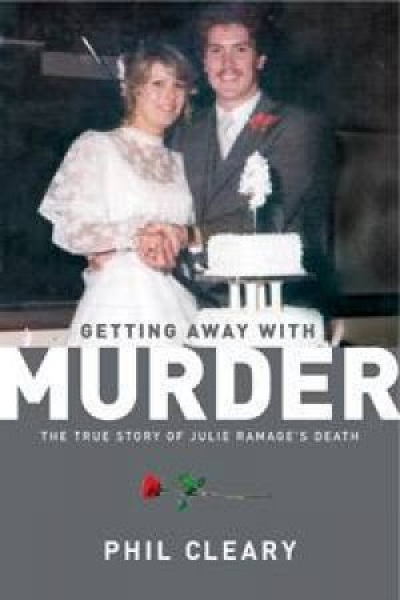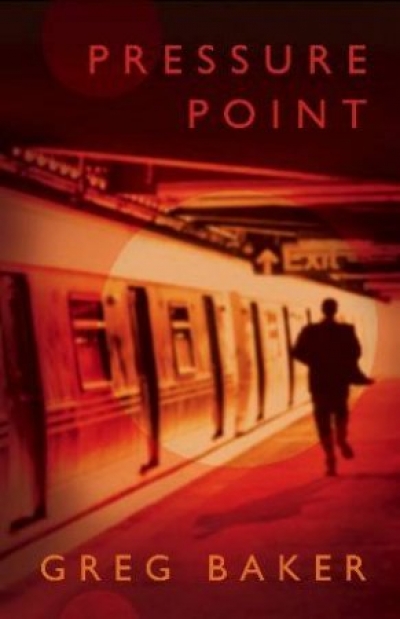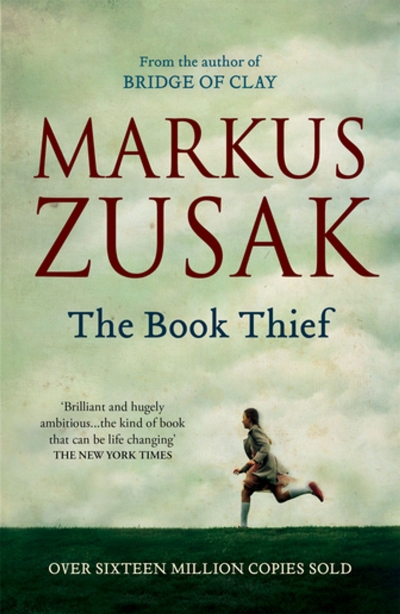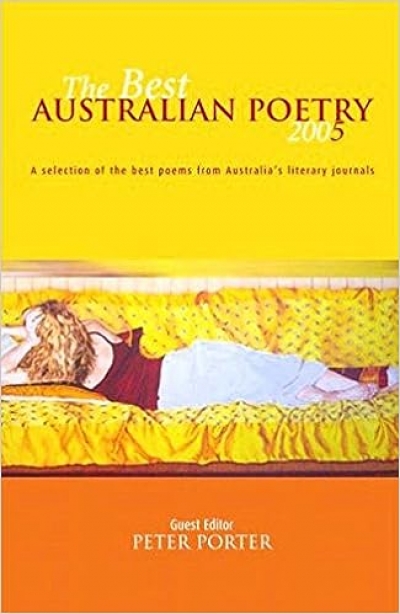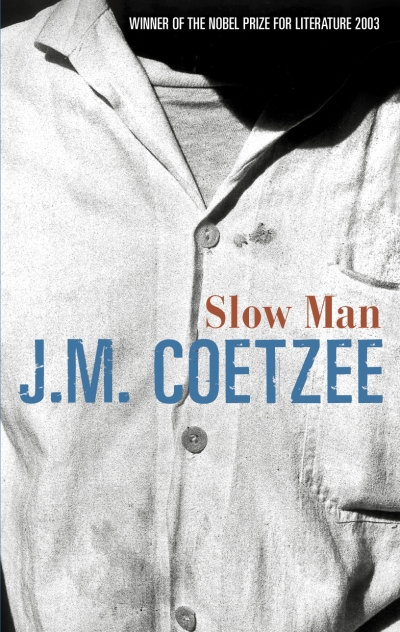Archive
Getting Away with Murder by Phil Cleary & Norfolk: Island of secrets by Tim Latham
Pressure Point by Greg Baker & The Millionaire Float by Kirsty Brooks
Within a week of the recent release of Harry Potter and the Half Blood Prince, millions of children and adults around the world had read it. Now comes the long wait for the final tome in this cleverly designed series by the prolific J.K. Rowling. Nil desperandum. The fantasy novel for children – and especially crossover books which, like the Harry Potter series, appeal to both adults and children – has a long tradition, and there are a myriad other fantastic books to turn to, many of which have been written by Australian authors.
... (read more)An Indian fast-food outlet has named itself after Mahatma Gandhi and features a caricature of his face in neon lights. Tacky? Certainly. Only in America? Only in Australia, actually, or at least that’s what a major cable television channel would like to suggest.
... (read more)ABR Poetry Competition
Earlier this year, Stephen Edgar won the inaugural ABR Poetry Competition. He picked up a cheque for $2000, and ABC Television made a feature about him and other shortlisted poets – not bad coverage for poets in a country many of whose newspapers and general magazines have so lament-ably and short-sightedly reduced their coverage of poetry. Well, the competition is on again. Its principal aim is to uncover some of the best new poems being written in this country. Up to six of them will be shortlisted in the March 2006 issue; the winner will be announced in April 2006. Full details appear on page 8. The entry form is also available on our website, or on request. The closing date is December 15.
... (read more)
